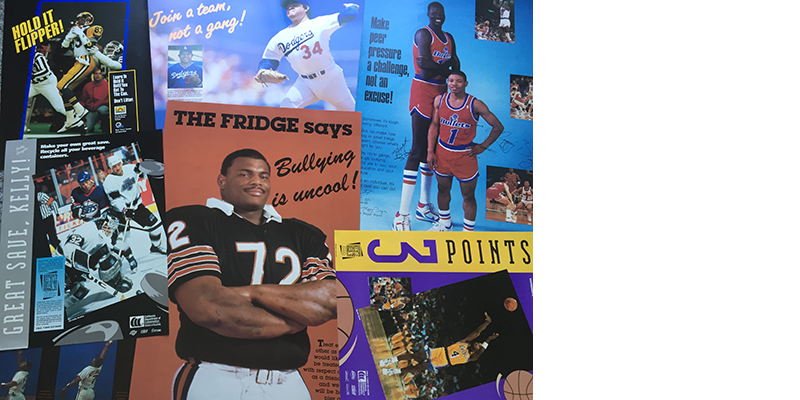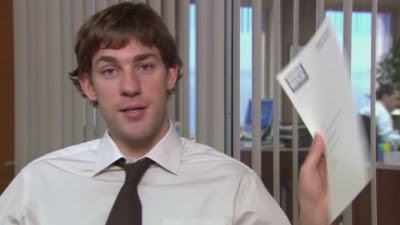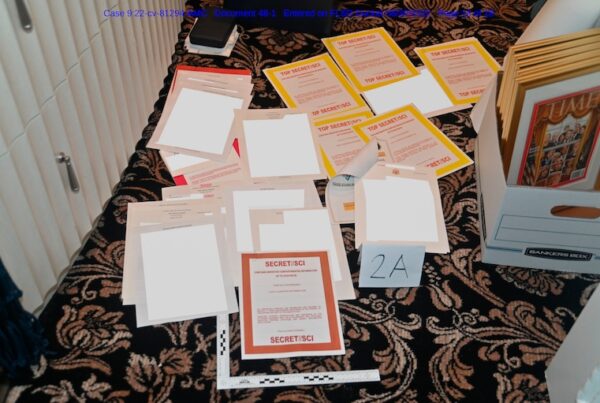
It began innocently enough – all fun and games. While earning college credits as a staff photographer for the Sacramento State Hornet student newspaper in the late seventies, I wrote a letter to the media relations director of the Oakland Athletics asking for press credentials. To my astonishment, the reply was affirmative, with the explanation that the one-day media credential permitted pre-game access to the field and game time access to the photographer areas and press box. The best seats in the house, for free!
This scheme worked for several years with the A’s and the Giants, too. Until it didn’t, which was not because of any professional miscue on my part, but only because the two organizations eventually realized the Sacramento State Hornet was a college paper, not a real media outlet.
Regardless, I was hooked on this privileged status, and I could no longer accept paying to attend a ballgame and having to sit in stands.
Fortunately, I devised another angle. From the earliest days of my career in public relations, I realized the most effective social initiatives are those that exploit the coincidence of public interest and private gain. The public interest part was inherent when representing issues such as public safety, education and resource conservation for government agencies and nonprofit organizations. The private gain came from ensuring the agencies and organizations earned support, credit and media coverage for leading their respective initiatives. The fun and games resurfaced when I began to double-down on the private gain part of the equation.
Professional sports organizations were invited to cosponsor high-profile public-service campaigns. Again, to my astonishment, all agreed. Of course, each project required media credentials, as well as meetings and photo shoots with star athletes. The fact the campaigns consistently produced results – raising the profiles of vital issues and their sponsors – more than reinforced “the end justifies the means” spin on my exploitative ways.
Dozens of youth campaigns benefitted from the games and gains approach. For example when the Chicago Bears co-sponsored an anti-bullying campaign featuring William “Refrigerator” Perry telling kids “Bullying is uncool”; New York Yankees Hall-of-Famer Dave Winfield encouraged parents to participate in their children’s education; and Washington Bullets Manute Bol and Muggsy Bogues, at the time the NBA’s tallest and shortest players, inspired high-risk youth to “Make peer pressure a challenge not an excuse.”
The approach also was a natural for Earth Day and Recycle Day events at ballparks, which were common throughout the eighties and nineties. Literally every pro baseball, football, basketball and hockey team in California supported the state government’s resource conservation initiative – encouraging fans to “Recycle where you live, work and play.” Needless to say, each production required media credentials with on-field and direct contact with the players to ensure success.
For better or worse, this essay offers no pretense of advice or lesson. Just a reminder that occasionally you can enjoy the coincidence of work and play.







As a co-conspirator, in the early days, seeing Stuart grow this art to bring national attention to causes had me in awe. Did he actual turn these fun and games into a business? Everyone wants to attend the Superbowl, but calling it work? That was the “creme de la creme”.
I have fond memories of you getting me on the field for A’s games. I still have in my classroom a photo you took of me and Reggie Jackson at the batting cage.
Your coup de grace, though, was somehow managing to get your two little kids — me, about 10, and Becca, 7 — into the Yankees dugout without any questions asked.